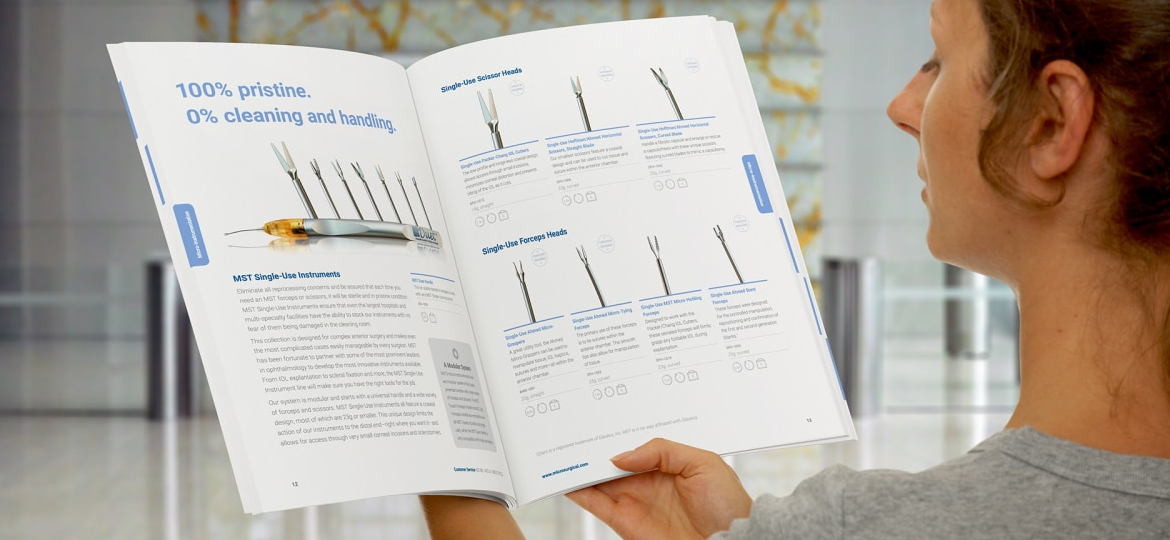First Certificate in English (FCE) Listening Part One
How to approach the questions on test day
Slow your breathing. Breathing slowly causes our bodies to relax and has a calming effect. Being nervous and breathing quickly will impede your ability to listen effectively. Deep, slow breathing is a simple way to counteract nervousness. That’s an important fact to succes at the listening section of the Cambridge: B2 First.
You will hear the recording twice, so relax if you don’t get everything the first time around. You have time to read the questions before you hear the recording, so you know what to listen for. Read the instructions carefully. Don’t just memorize sets of instructions from old tests and assume that everything will be the same on your actual test. Learn the kinds of words and phrases in instructions and what they mean.

How to prepare for the FCE Listening test –some general tips.
- Listen, listen and listen! The more English you listen to the more likely that you will do well. Listen to the radio, English language TV, podcasts, etc.
- Get used to different accents. There will be some standard British and American accents in the exam, but you can also hear Australian, South African, Irish, Scottish, etc. Try to listen to a variety of accents to give you a good chance of understanding everyone. There are numerous videos on YouTube for such purposes.
- Listen to people of different ages. The speakers in the recordings will be teenagers, middle-aged and the elderly. They have different manners of speaking. Listen to a variety of types of people. Make sure that you listen to men and women.
- Everyone makes mistakes. Learn from them! If you take a practice test and get 20/30 of the listening questions correct, don’t simply shrug and accept the 10 wrong answers. Analyze them. Ask yourself these questions.
What did I get wrong?
Why did I get that question wrong?
Is there something about those questions that I have trouble with?
How can I improve?
Read the practice transcripts. Listen again and again until you can figure out what the problem is.
- Make sure that you listen to materials that are at or slightly above your level. Listening to materials that are far too hard for you will not improve your understanding.
If you wish to know about the FCE instructions, you can refer to other articles we have written for you such as FCE Listening Part 2: Sample Test And Exercices.
Specific Preparation for Part One

This part of the exam isn’t too hard. There are eight short recordings with one multiple choice question to answer. The recording could a monologue-1 person speaking or a dialogue-2 people talking. Each question is 1 point.
This part of the listening test checks to see if you able understand what a speaker’s purpose or opinion is. For example, is the woman happy, sad, or angry? Does the customer want to complain or buy something? Additionally, a question could be about understanding the gist of a speech or recognizing a detail.
Here is an example question:
You hear a message on your phone from your friend :
Why is your friend calling ?
a) to invite you to a movie
b) to ask for a ride to a cinema
c) to tell you the time you meet her
The actual transcript of the message might be like this.
Hey Barry. How’s it going? I guess you’re busy at work or in a meeting or something and not answering your phone. This is Amy. Look, I wondered if you wanted to come with me and Steve to a movie this evening. It’s a Godzilla movie and I know that you’re a real Godzilla fan. We’re going to the 9 o’clock show. Call me back if you’d like to tag along. Let me know, and Steve will buy the tickets online, and you can pay him when we meet this evening. I know you’re busy, so you don’t have to come. Call me or text me as soon as you can. Bye.
In this case the correct answer would be a.)To invite you to a movie
Watch Out!
They like to put distractors in the recording. Distractors are information that you don’t need to answer the question, but can fool you into thinking it’s important. Normally, when we talk, we don’t just state a question or a single piece of information. There is often other stuff in the message. In the above message, Amy mentions:
- the name of the movie
- a time
- how to contact her
- shows recognition that Barry may be busy
These are typical parts of a phone message; however, they are also included to distract the test-taker from the main point of the message.



